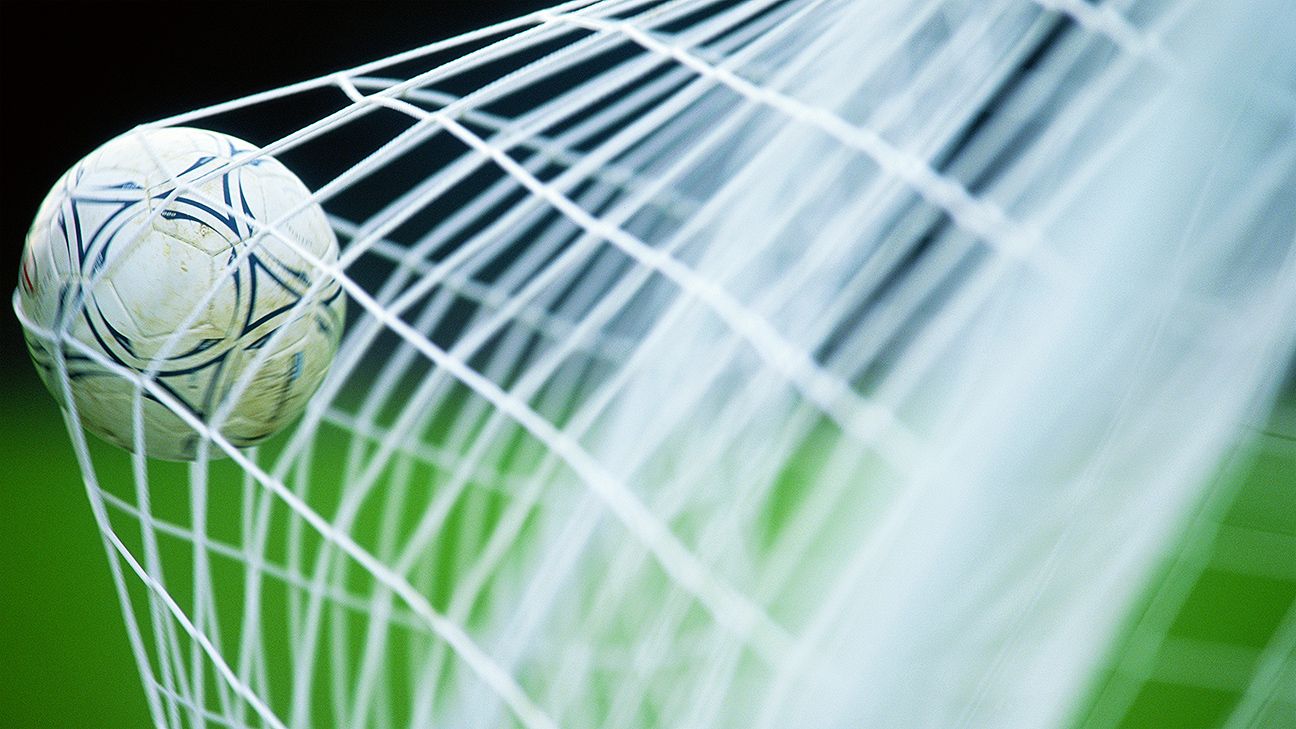Products You May Like


Football’s rule-making body IFAB decided on Saturday to undertake a major review of the offside law in order to “foster the spirit of attacking play.”
IFAB (International Football Association Board) will hold consultations over the next 12 months on the law with proposals expected at the end of that process.
David Elleray, the former English referee who is technical director at IFAB, said the aim was to look at offside in a philosophical manner given the introduction of VAR.
“Assistant referees were always told [in the past], ‘if in doubt, given the benefit of doubt to the attacking team.’ What technology, VAR and non-VAR, has done is actually taken that doubt away.
“Ideas about how you judge offside, in one sense, won’t change because you will always have the question of where do you draw the line?
“Football is saying to us that we don’t think that your toe being two centimetres in front of the end of a defender is a significant enough advantage to be penalised.
“It is not going to change the accuracy it is saying, philosophically how do we want offside? Is it appropriate for us to say, can we change the law to restore more benefit to attacking football?”
Elleray also said he would be “astonished” if the Premier League did not introduce the use of pitchside monitors for reviewing decisions, bringing the English competition in line with UEFA’s practice.
While the Premier League has been reluctant to change the use of VAR during this campaign, to allow the use of pitchside monitors for subjective decisions, Elleray expects that change to be introduced next season.
FIFA president Gianni Infantino said there would also look at ways to introduce VAR in competitions with “restricted budgets,” what the Swiss called “VAR Lite”.
The organisation also said it will try out the use of additional substitutions for concussion cases with FIFA saying it is ready to introduce trials at this year’s Olympic Games starting in July.
The idea is for any withdrawal of a concussed player not to count against a team’s regular total of three subs.
IFAB also approved clarifications to the existing laws to “differentiate more clearly” between the arm and shoulder.
